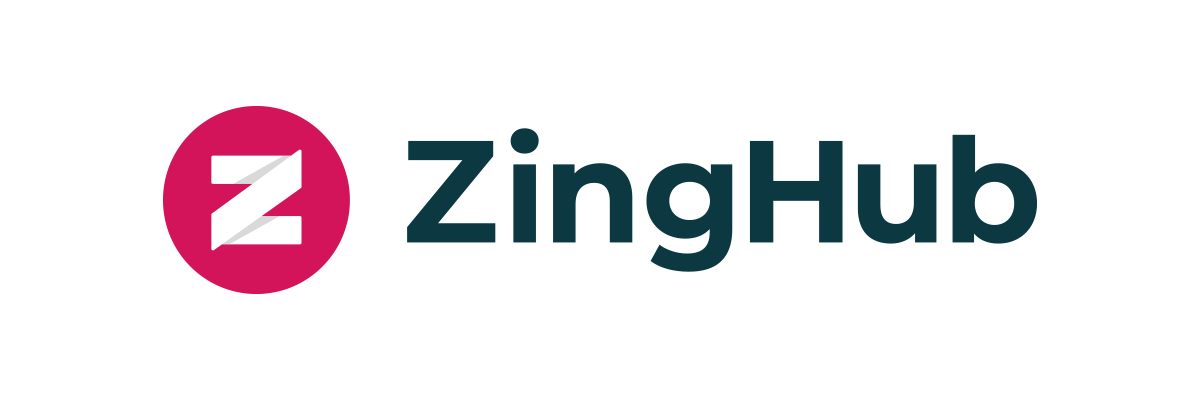
Key Highlights:
Personalization is the standard for success in email marketing. A genuinely tailored message stands out and drives engagement. However, the use of prospect data demands careful attention. The critical question for any marketer is: How do you personalize emails without violating privacy laws?
Success requires finding the balance between compelling outreach and respecting email privacy. Here is a guide to ethical email personalization techniques that ensure compliance and build trust.
The easiest way to avoid privacy issues is to stick to data that is either publicly available or explicitly provided through interaction with your business.
Public Data (Professional Context)
Use information found on LinkedIn, company websites, or press releases. This includes job title, company size, recent promotions, or published articles. This demonstrates you've done your homework without invading personal life.
Behavioral Data (Consent-Based)
Focus on actions taken on your site. Did they download a specific whitepaper? Browse a certain product category? This data is provided implicitly through their interaction with your brand, making it a safe basis for personalized emails.
Avoid Personal Data
Never use sensitive, private data like marital status, specific health information, or personal financial details (unless explicitly given for a service contract). Sticking to professional context is the primary rule for email privacy.
The strictest global regulations, like GDPR, emphasize clear, affirmative consent. To avoid violating data privacy laws, ensure your data collection practices are transparent.
Get Clear Opt-Ins
When collecting emails, specify exactly what you will use their information for ("to send you product updates and personalized offers"). Do not pre-check any consent boxes.
Provide Control
Always make it easy for recipients to update their preferences or unsubscribe. A clear unsubscribe link is essential for maintaining email privacy compliance.
Document Everything
Maintain detailed records of when, where, and how each user gave consent. This documentation is your strongest defense against potential violations.
Instead of attempting deep, individual personalization for every email—which requires a massive amount of data—use your data to create highly specific segments.
Segment by Action
Instead of personalizing the whole email, segment your list based on a specific action (e.g., "Users who put Product X in their cart but didn't buy"). Then, personalize the messaging to address that singular action ("Still considering Product X?").
Segment by Industry/Role
Targeting emails based on industry provides relevance without requiring sensitive personal data. A message for a "Marketing Director" about "budget optimization" is highly relevant and respects data privacy.
Avoid the Creepy Factor
If the personalization feels too specific or intrusive (e.g., "We saw you visited our pricing page three times at 10:15 AM yesterday"), it can erode trust. Use behavioral data subtly to guide the message, not dominate it.

The software you use to execute your outreach plays a vital role in email privacy compliance.
ZingHub is a platform designed to simplify personalized emails while focusing on ethical automation. Its AI helps teams generate personalized content without needing to access sensitive private data. Instead, the ZingHub AI focuses on leveraging the context of the contact (like their job role or company news) to tailor the message. This ensures the communication is highly relevant, authentic, and compliant.
The AI personalization system is built to enhance the professional relationship, not to invade email privacy. ZingHub allows you to execute ethical email personalization techniques at scale. It acts as the infrastructure that enables your team to connect deeply without taking legal risks.
Effective personalization is about relevance, not surveillance. When you ground your personalized emails in solving a business problem or referencing a publicly available achievement, you naturally stay on the right side of data privacy. Use your data to show respect for the prospect's time and professional interests. This approach builds trust, ensures compliance, and ultimately drives better conversions.
AI-Powered Outreach that Starts Real Conversations. ZingHub.